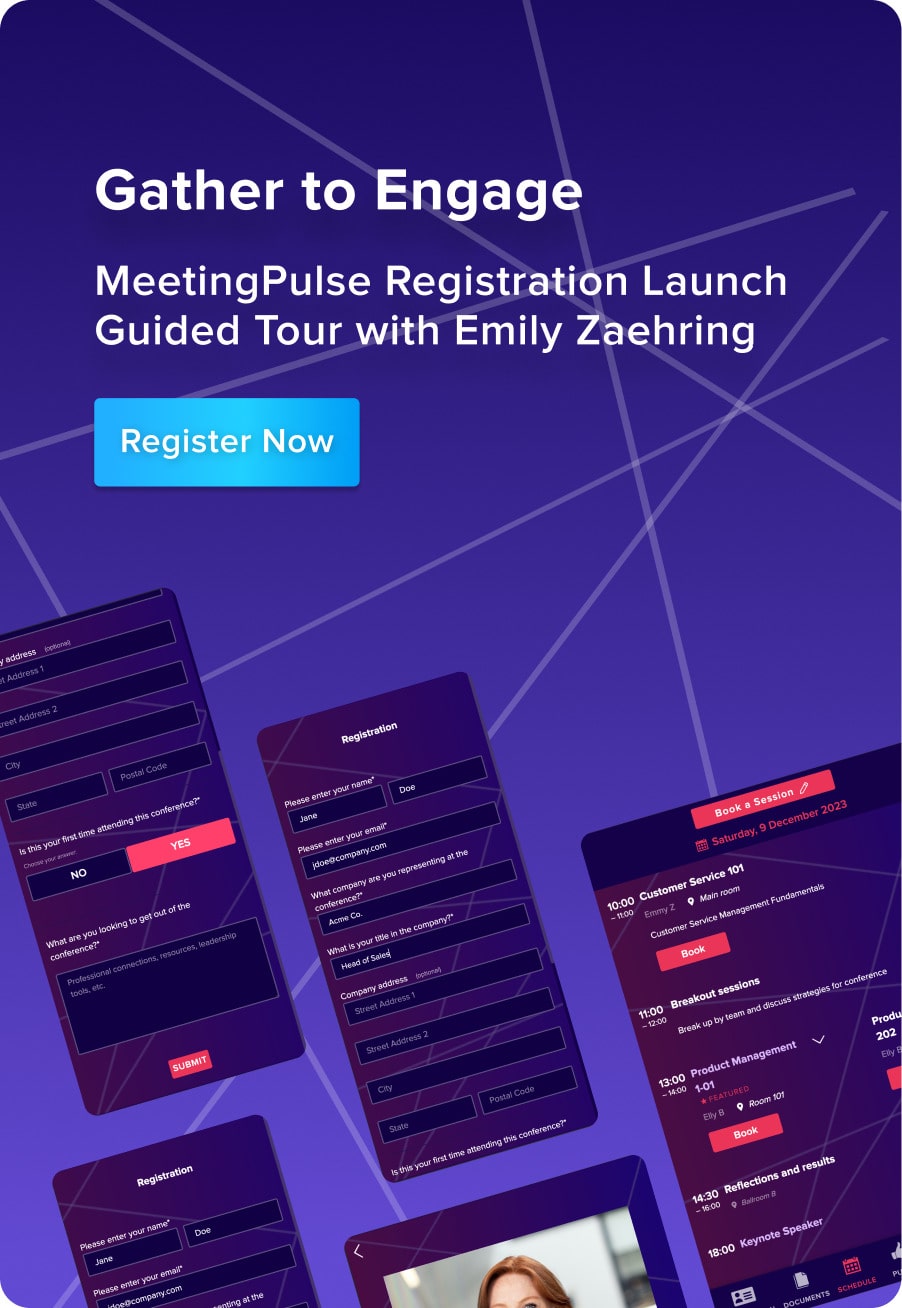When you’re working with prospective clients to create fruitful partnerships, there is one way to really help cement your connection: Asking the right questions. What’s the best way to do that? A sales survey.
A strong set of sales survey questions can help you discover your potential clients’ most important needs and wishes upfront. You’ll be able to quickly identify weaknesses, pain points, and opportunities.
With the right sales survey questionnaire, you can start off your working relationship with all the answers you need to map out the ideal customer journey. The answers each new lead provides shows you where they are in their journeys, and can help you uncover what’s keeping them from becoming buyers. In that way, the survey data helps you both: the customer and your organization.
Businesses use surveys along many points in the sales cycle. This article focuses on pre-sale surveys, surveys done immediately following a purchase, and surveys for existing customers.
Pre-sale survey
Think of the pre-sales survey as a great tool for gathering qualifying information about prospective clients. Develop a list of common questions to help your sales team gather more data on your leads and strengthen your sales process. The answers to these questions can help identify your best leads, so sales reps can prioritize their efforts. A sales rep armed with this kind of information can find answers for a lead’s challenges and help them find a solution.
Before we talk about some commonly asked questions, let’s go over a couple of best practices for asking sales survey questions.
- Send the survey before any meetings. Get the survey into your lead’s hands before any calls or meetings take place. You’ll be able to use their answers to inform your meeting and make the most of your time.
- Keep it short. Don’t over ask, and limit survey questions to specific asks that will return quality answers. Opt for open-ended questions instead of yes-or-no questions.
- Create urgency. Use a gentle deadline, asking for the completed survey back by a specific time (before you meet with them).
- Understand their answers. Take the time to read and analyze your lead’s answers. It will help you understand your lead’s needs. The survey data also can show you if you’re generating bad leads, and can point out other trends.
What should you be asking in pre-sales surveys? Here are some questions for your master list.
- What is your company’s biggest obstacle?
- What challenges do you need to solve?
- How does your company meet this challenge currently?
- What challenges do you aim to solve using our product?
- What other solution providers are you considering?
- How did you find our company?
- What’s your role within your organization?
- What does your company’s purchasing process look like?
- A what time of year do you typically make these types of purchases?
- What questions do you need to have answered to purchase this product/service?
Survey immediately after purchase
Using a survey right after a sale is a great way to get valuable feedback from new clients, which can help with the sales enablement process. The responses also can give your marketing teams good insight, while updating your sales team on the buyer’s journey.
Right after the purchase is an ideal time to find out what influenced your lead to become a client. Information from this stage can help your team streamline its content strategy and marketing campaign.The data gleaned from these important sales survey questions can also give your team a chance to get ahead or stay ahead of your toughest competitor.
Like the pre-sales survey, keep the best practices we mentioned above in mind when designing your post-sales survey, especially the timing. You should aim to send the survey out as soon as possible after the sale is made to capture your customer’s most accurate thoughts about their interactions with your company. If you wait too long, people will start to forget important details and might become less likely to respond to your survey questions.
Here are some questions to consider when putting together this survey:
- Tell us the top three reasons you chose to do business with us.
- Is there anything we missed or didn’t do well in the sales process?
- What are you most looking forward to doing first?
- How would you describe our organization to a friend or colleague?
Survey of existing customers
Surveys work well for existing customers, too. Want to know what products or features your customers love the most? Or about the features they don’t use or need? A survey can help you easily figure that out, and more.
This valuable feedback helps you fine tune your product offerings, identify areas that need improvement, and see which product benefits are most valuable.
Hearing a customer’s needs and learning what challenges they are now facing can help you identify cross-sales opportunities.
When it comes to best practices, stick with what we’ve mentioned previously, but keep in mind that survey fatigue is real. Keep your questions to a minimum and use only specific questions that will net good insights.
It’s also important to thank your customer for their time and thoughts. Consider sending out personalized thank you emails or, if possible, gift cards or other perks that show you appreciate their feedback and value their time.
And, as with any survey, if you determine that a customer isn’t happy with their service or purchase so far, this is your time to reach out and do what you can to correct the situation.
Here are some examples of how to ask a current customer questions about their experiences.
- What aspects of our product works best for you and offers the most value?
- Is there any aspect of our product that is not working well for you?
- What enhancement would you like to see in the future?
- How satisfied are you with our product/services?
- What is your preferred method of communication going forward?
Effective use of a sales surveys
There’s nothing like a good sales survey to capture information that can help your team strengthen its processes and stand out from your biggest competitors. Sales surveys can help you create and maintain happy and healthy relationships with your customers from the start. With surveys, you can meet your customer’s needs and keep driving business growth. MeetingPulse provides the tools you need to devise, distribute, and analyze surveys.

















